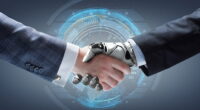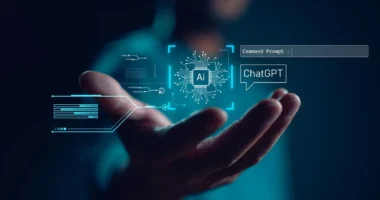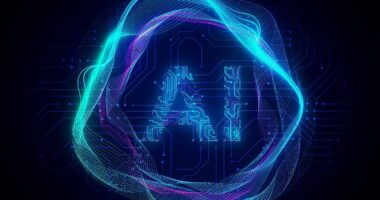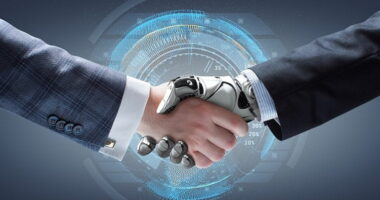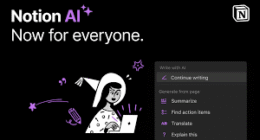How Does Artificial Intelligence Impact Our Lives?
Artificial Intelligence (AI) is no longer a futuristic concept—it’s part of our everyday lives. From voice assistants to medical research, AI is shaping how we work, communicate, and solve problems. In this article, we’ll explore the many ways artificial intelligence impacts our lives and why it matters for the future.
AI in Everyday Convenience
Smart Assistants and Devices
Voice-controlled tools like Siri, Alexa, and Google Assistant simplify daily tasks. They can set reminders, control smart home devices, and provide instant information, making our lives more efficient.
Personalized Recommendations
Streaming platforms such as Netflix, YouTube, and Spotify use AI algorithms to suggest movies, videos, and music based on your interests. Online retailers like Amazon also use AI to recommend products tailored to your shopping habits.
AI in Healthcare
Early Disease Detection
AI-powered systems help doctors detect diseases like cancer, heart conditions, and diabetes at early stages by analyzing medical images and patient data faster than humans can.
Virtual Health Assistants
Apps and chatbots use AI to provide basic health advice, schedule appointments, and even monitor chronic conditions, giving patients faster access to healthcare guidance.
AI in Business and Work
Automation of Repetitive Tasks
AI is transforming workplaces by automating tasks such as data entry, customer service, and scheduling. Chatbots, for example, answer customer queries 24/7, improving service and reducing workload for human employees.
Smarter Decision Making
Businesses use AI to analyze big data, predict market trends, and make better financial decisions. This helps companies save time, reduce risks, and increase profits.
AI in Transportation
Self-Driving Cars
Companies like Tesla, Waymo, and Uber are developing AI-driven vehicles that can navigate traffic, detect obstacles, and reduce accidents caused by human error.
Traffic Management
AI is being used in smart cities to control traffic signals, reduce congestion, and improve road safety by analyzing real-time traffic data.
AI in Education
Personalized Learning
AI-driven platforms adjust lessons to fit a student’s pace and understanding. For example, apps like Duolingo and Khan Academy use AI to tailor exercises and recommend areas for improvement.
Virtual Tutors
AI chatbots act as tutors, answering questions, providing practice quizzes, and supporting students outside the classroom.
Challenges of AI
While AI has countless benefits, it also raises concerns about job loss, privacy, and ethics. As AI continues to grow, society must balance innovation with responsibility to ensure it benefits everyone.
Final Thoughts
Artificial Intelligence impacts nearly every part of our lives—from healthcare and education to entertainment and business. As AI evolves, it will continue to bring exciting opportunities while also posing new challenges. Understanding its influence helps us prepare for a smarter, more connected future.

